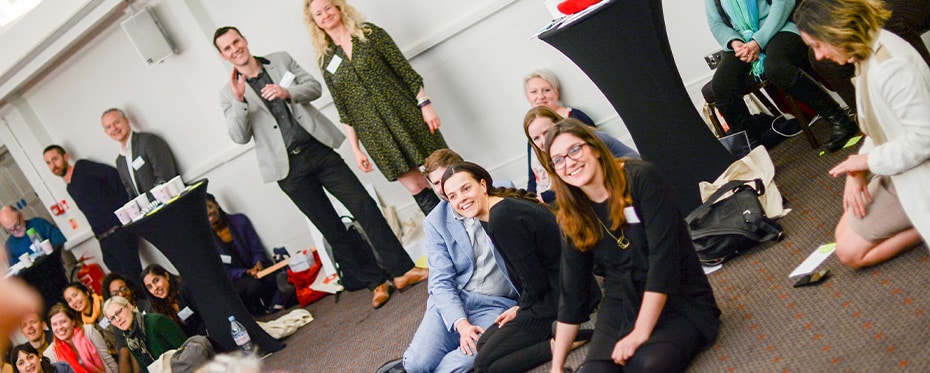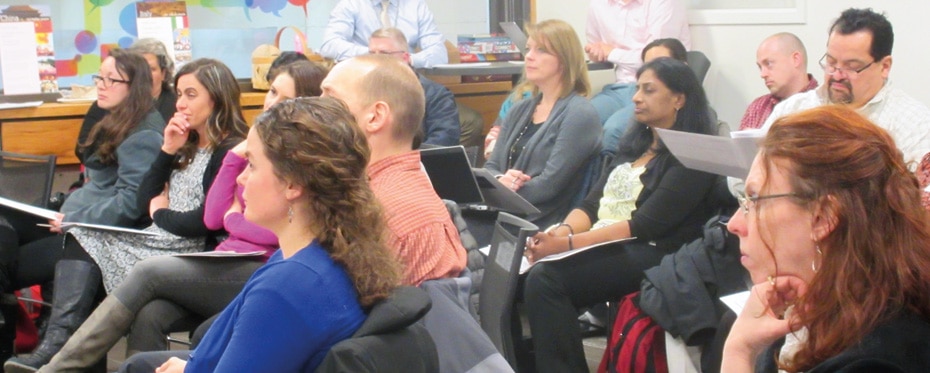Tag: innovation
Research Outreach – Issue 133: Bee farming, electrical eye activity, and IP disputes

In the last issue of 2022, Research Outreach contains a sparkling array of articles covering the latest studies into topics such as intellectual property, health and gender inequality, and an eye-opening experiment on detecting vision problems in alcoholics. We feature some fascinating interviews, talking to leaders in their fields about the importance of critical pedagogy and how a programme assessing […]
Read More… from Research Outreach – Issue 133: Bee farming, electrical eye activity, and IP disputes
Justice and community: The rationality of learning by doing

Professor Robson addresses fundamental questions of social progress and how societies can experiment with different political and social systems without unduly disregarding tradition. This experimentation enables individuals and groups to learn how to better secure justice and improve society more generally. However, it also requires overcoming constraints associated with rationality, which prevent people and communities from taking the necessary risks […]
Read More… from Justice and community: The rationality of learning by doing
How African knowledge-based enterprises seek scale: Research findings from 10 countries

Innovation is a vital practice in the knowledge economy. Also vital is finding ways to scale innovations so that they can have significant impact. The Open African Innovation Research (Open AIR) network has collected data in numerous African innovation settings over the past decade, and has, in the process, developed a four-pillar taxonomy of scaling practices. As outlined in its […]
Probing Cancer: Immunotherapy and Molecular Imaging

The Singapore-based Cancer ImmunoTherapy Imaging (CITI) programme is a Singapore-wide collaborative research group, comprising 12 research institutes. CITI’s efforts are focused on the discovery and application of peptide-based imaging probes, which target immunotherapy treatment response biomarkers. Dr Edward G Robins, Head of Radiochemistry at the Singapore Bioimaging Consortium and Deputy Director of the NUS Clinical Imaging Research Centre, alongside his […]
Read More… from Probing Cancer: Immunotherapy and Molecular Imaging
Digital Transformation in Financial Services: The Age of Fintech

FinTech, within the broader context of financial innovation, is disrupting the financial services industry in every aspect. However, its ability to thrive and scale, especially across borders, faces numerous challenges. Professor Anne-Laure Mention, Director of the Global Business Innovation Enabling Capability Platform at RMIT University, Melbourne, Australia, has made a significant contribution to our understanding of FinTech and Open Innovation, […]
Read More… from Digital Transformation in Financial Services: The Age of Fintech
The periphery: Where radical innovation occurs

Gino Cattani is Professor of Management and Organization at the Stern School of Business, and Simone Ferriani is Professor of Entrepreneurship at the University of Bologna. Both professors have researched creativity and entrepreneurship independently but they’ve come together for a common goal: to solve the Core-Periphery Conundrum. Why is it that resources are concentrated among those who conform, when the […]
Read More… from The periphery: Where radical innovation occurs
The critical gap between management theory and technological reality:
Why many businesses are still failing to innovate effectively

Prof Hugo Tschirky is an academic at the Swiss Federal Institute of Technology and specialises in how companies innovate and embrace technology. In 2004, he initiated and co-authored a book called “Bringing technology and innovation into the boardroom” but many of the findings in this book have still yet to be fully embraced by executive boards. Worryingly, a critical gap […]
Cradle-to-Cradle principles change how products are designed

Industry from the very beginning has treated natural resources as essentially infinite, and the world’s capacity to accommodate waste with the same regard. As the economy becomes global, we now understand this is not true – so the way we make products also should change. EPEA Switzerland has developed ‘Reference Model Cradle-to-Cradle Design Innovations’. Their reference model works for every product […]
Read More… from Cradle-to-Cradle principles change how products are designed
Nesta: Collective intelligence, people-powered results and experimentation

The world is changing faster than ever, and solutions to the challenges faced by governments, the health and public sectors and educational institutions need to be innovative and inventive to match. At the Nesta foundation, experts are using research-based evidence to come up with frameworks and programmes to support those people trying to solve some of Europe’s trickiest public conundrums. […]
Read More… from Nesta: Collective intelligence, people-powered results and experimentation
Engineering the future: How the WE@RIT programme is encouraging more women into the sector

The Kate Gleason College of Engineering at Rochester Institute of Technology (RIT) is the only engineering college in the United States to be named solely after a woman engineer. Inspired by Kate Gleason’s legacy as an innovative and entrepreneurial scholar, the Women in Engineering at RIT (WE@RIT) programme was initiated by Professor of Mechanical Engineering Margaret Bailey in 2003. Since […]